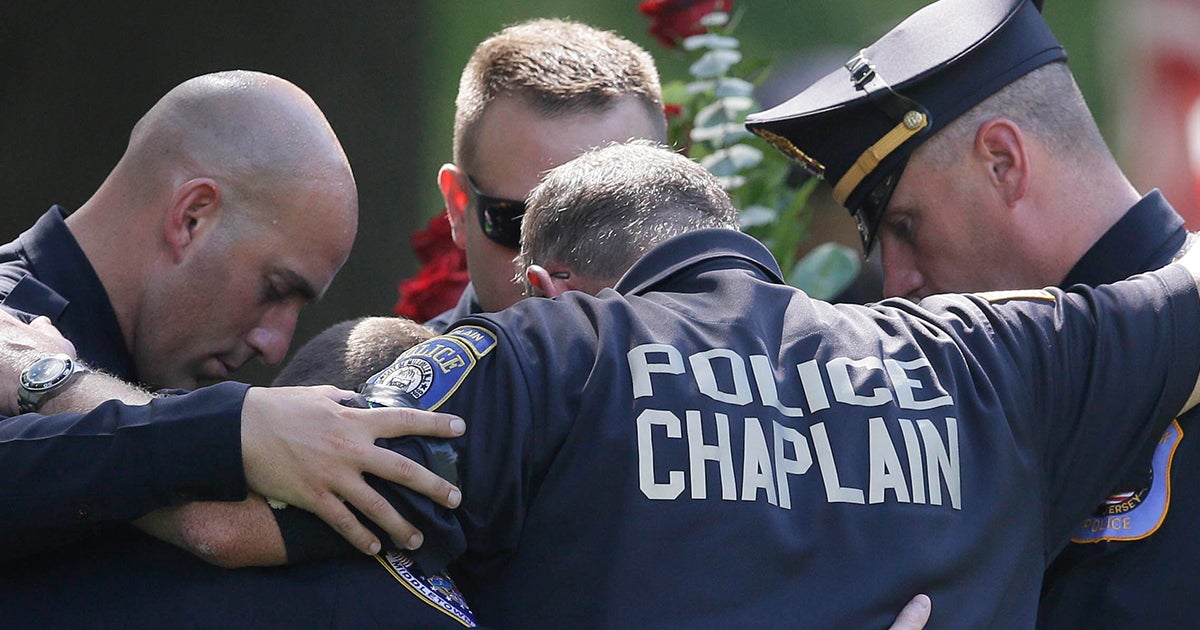
by Jorge Gomez • 3 min read
The City Manager of Carlsbad, California won’t allow police chaplain JC Cooper and fire chaplain Denny Cooper from concluding prayers at some events “in Jesus’ name.”
One of the chaplains was even told his prayers were a form of “harassment.”
Earlier this week, First Liberty sent a letter to the City Council urging it to revoke a recent order by the city manager that forbids the chaplains from praying in accordance with their religious beliefs.
JC Cooper is a local pastor who’s faithfully served as a volunteer chaplain for the Carlsbad Police Department for six years. His father, Denny Cooper, has served as the volunteer chaplain for the Fire Department for 18 years.
JC and Denny provide support, encouragement and prayer to first responders as they face traumatic situations. When asked by the police chief to give the invocation at the Carlsbad Police Department Awards Ceremony, JC concluded his prayer, consistent with his long-held beliefs, “in Jesus’ name.”
He was later told by the city manager that unless he removed “in Jesus’ name” from his invocation, he would be subject to discipline. He was then told that he could refer to any other name for God, just not “Jesus.”
Dating back to the Continental Congress in 1776, America has a robust and widely recognized tradition of both public prayer and chaplain programs. What’s more, courts throughout the country have long upheld government chaplaincy programs as constitutional in many different contexts.
The U.S. Supreme Court itself has explicitly held that governmental bodies may begin their meetings or other events with a prayer or invocation. The nation’s highest court also upholds chaplaincy programs even where the government selects a single chaplain to serve as its routine prayer-giver and that chaplain prays in accordance with his or her particular faith.
Our attorneys point to the landmark Supreme Court case Kennedy v. Bremerton, which held that the First Amendment’s Establishment Clause does not require government “to purge from the public sphere anything an objective observer could reasonably infer endorses or partakes of the religious.” Instead, “the Establishment Clause must be interpreted by reference to historical practices and understandings.”
Perhaps the city’s decision to prohibit chaplains from praying in Jesus’ name stems from a misunderstanding about the law and Supreme Court precedent. That’s why First Liberty has offered to assist the City in developing a constitutionally appropriate chaplain policy. And of course, we’re offering our assistance free of charge.
Censoring public chaplains betrays the history and traditions of our country. We urge the City Council to revisit the decision to censor the chaplains’ prayers. It should instead follow the Supreme Court’s clear statements with respect to prayer and allow them to pray according to their sincere religious beliefs.